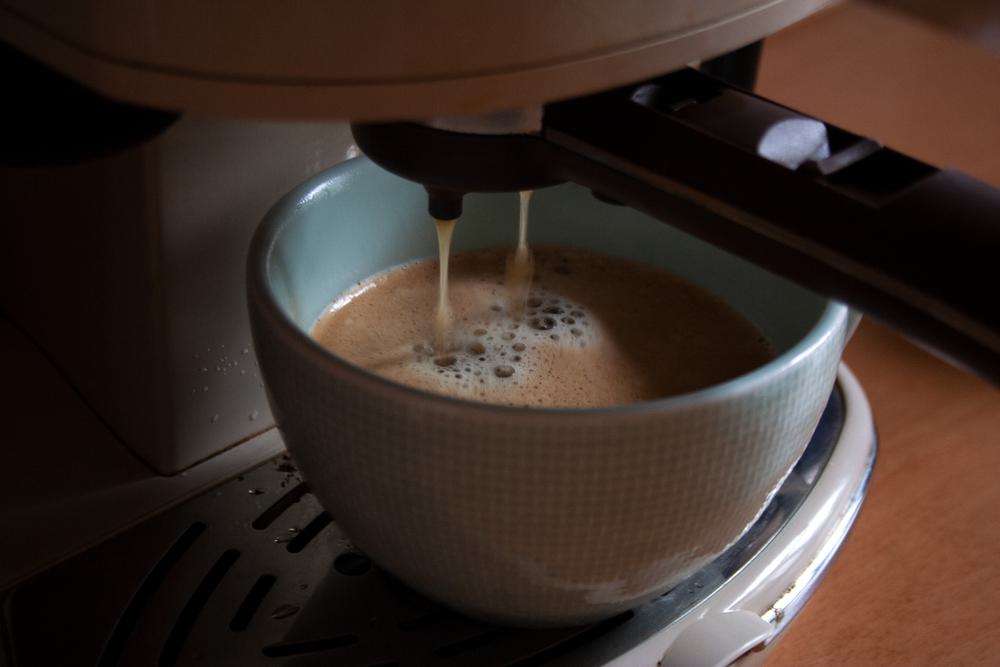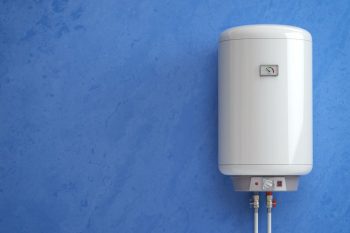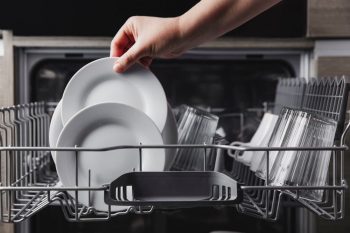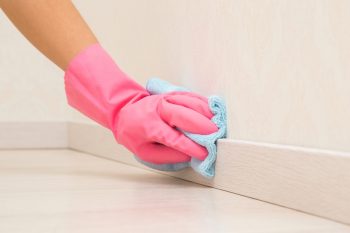
Whether you are a coffee connoisseur, a casual drinker, or a barista, maintaining the cleanliness of your coffee machine is essential. Regular deep cleaning not only prolongs the lifespan of your coffee maker but also ensures that each cup of coffee you brew tastes its best. In this comprehensive guide, we will walk you through the steps to deep clean your coffee machine, the materials you will need, and the frequency of cleaning required for optimal performance.
To deep clean a coffee machine, start by unplugging the machine and washing all removable parts in hot, soapy water. Prepare a cleaning solution of equal parts white distilled vinegar and water, or use a specialized coffee machine cleaning solution, and run this solution through a brewing cycle. Halfway through, pause for 30 minutes, then resume and complete the cycle. Rinely rinse the machine by running at least two cycles of clean water through it, then wipe down the exterior with a damp cloth. For best results, perform this deep cleaning every one to two months.
Materials and Solutions You’ll Need
Deep cleaning a coffee machine requires some basic household items:
- Distilled white vinegar or a specialized descaling solution
- Baking soda (as an alternative cleaning agent)
- Mild unscented dish soap
- A dish sponge or non-abrasive scrubber
- Clean cloth towel or damp towel
- Water-bottle cleaning tablets (optional)
Step-by-Step Instructions to Deep Clean Your Coffee Machine
- Wash the Removable Parts: Start by unplugging the machine and removing all removable parts. Wash these parts in hot, soapy water, rinse, and let them air dry.
- Prepare a Cleaning Solution: Create a mixture of equal parts white distilled vinegar and water, or use a specialized coffee machine cleaning solution. Fill the water reservoir with the cleaning solution.
- Run the Cleaning Solution: Initiate a brewing cycle to allow the cleaning solution to flow through the machine’s internal parts. This process helps to dissolve mineral buildup and coffee residue.
- Pause and Resume the Cycle: Halfway through the cycle, turn off the coffee maker and let it sit for 30 minutes. After this, turn the coffee maker back on and complete the brew cycle.
- Rinse the Machine: Discard the cleaning solution and refill the water reservoir with clean water. Run at least two cycles of clean water through the machine to rinse out any remaining cleaning solution.
- Wipe Down the Exterior: Finally, wipe down the exterior of the machine with a damp cloth to remove any residue or buildup. Reassemble the machine and plug it back in.
For best results, it’s recommended to deep clean your coffee machine every one to two months, depending on usage. Additionally, clean the removable parts weekly to remove coffee buildup.
The Importance of Regular Deep Cleaning
Regular deep cleaning of your coffee machine enhances its functionality and lifespan by removing built-up residue, mineral deposits, and coffee oils that can negatively impact the taste of your coffee and the performance of the machine. Regular cleaning prevents clogging of filters, pipes, and valves, which can cause the machine to malfunction or break down altogether.
Common Mistakes to Avoid When Deep Cleaning a Coffee Machine
While deep cleaning your coffee machine may seem straightforward, there are several common mistakes to avoid:
- Cleaning only the coffee pot/carafe and ignoring other parts of the machine.
- Using scented dish soap, which can affect the taste of your coffee.
- Not rinsing thoroughly, which can leave soap residue in the machine.
- Ignoring cleaning alerts on your coffee machine.
- Not cleaning the machine regularly.
- Not reading the instruction manual for specific cleaning guidelines for your coffee machine.
By avoiding these common mistakes, you can prolong the lifespan of your coffee machine and ensure a great-tasting cup of coffee.
Eco-Friendly Cleaning Alternatives
For those conscious about the environment, several eco-friendly alternatives can be used instead of traditional cleaning solutions. These include baking soda, vinegar, borax, and Castile soap. Many eco-friendly cleaning products are available in the market, made from natural and organic ingredients and packaged in reusable or compostable containers.
The Consequences of Not Deep Cleaning Your Coffee Machine
Neglecting to deep clean your coffee machine can lead to several issues, including ingesting harmful bacteria, mold, or yeast, build-up of limescale residue, reduced appliance lifespan, bitter-tasting coffee, and potential machine malfunction.
In conclusion, regular deep cleaning of your coffee machine is a crucial part of ensuring its optimal performance, longevity, and the quality of coffee it produces. By following this comprehensive guide, you can keep your coffee machine in top shape and enjoy a perfect cup of coffee every time.
Frequently Asked Questions
How often should I clean my coffee machine if I use it daily?
If you use your coffee machine daily, it’s recommended to deep clean it at least once a month. However, the removable parts should be cleaned weekly to prevent coffee buildup.
Can I use apple cider vinegar instead of white vinegar to clean my coffee machine?
While apple cider vinegar can be used as an alternative to white vinegar, it is not recommended. The strong smell and flavor of apple cider vinegar could potentially affect the taste of your coffee. White vinegar is odorless when dried and is generally more effective for cleaning purposes.
Is it safe to use a dishwasher to clean the removable parts of my coffee machine?
Whether the removable parts of your coffee machine are dishwasher-safe largely depends on the specific model of your machine. Always refer to your coffee machine’s instruction manual for specific cleaning guidelines.
What are some signs that my coffee machine needs deep cleaning?
Some signs that your coffee machine needs a deep clean include a noticeable change in the taste of your coffee, slower brewing times, and the machine making unusual noises.
Can I use bleach to clean my coffee machine?
No, you should never use bleach to clean your coffee machine as it is corrosive and can damage the machine’s internal parts. Additionally, it’s also harmful if ingested. Stick to non-toxic cleaning solutions like white vinegar or a specialized descaling solution for coffee machines.
What should I do if my coffee machine has a built-in grinder?
If your coffee machine has a built-in grinder, you should also clean the grinder regularly using a grinder cleaning tablet, or by grinding a small amount of uncooked white rice to remove coffee residue and oils. Always make sure to remove any leftover rice or cleaning tablet before brewing your next pot of coffee.












